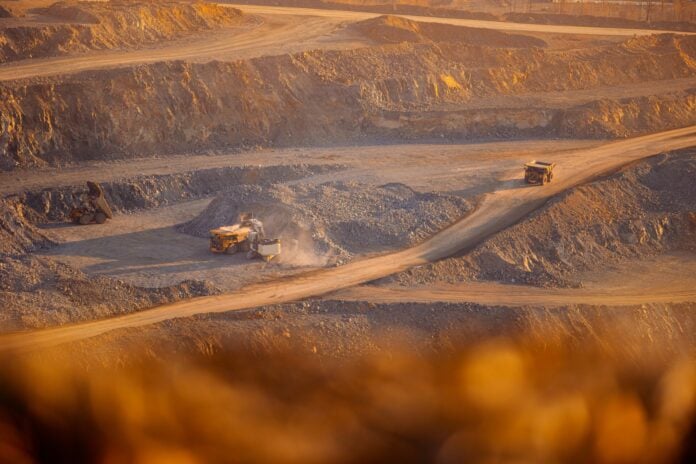The National Critical Minerals Research Program, which was drafted and is already being implemented by the Hellenic Survey of Geology and Mineral Exploration (H.S.G.M.E), which is responsible for the execution of Public Mining Research in Greece, has been submitted to the European Commission’s DG Grow.
Fully consistent with the dates set by Europe for the submission of national programs within the framework of the CRM Act by May 24, 2025, the H.S.G.M.E sent the Greek proposal in the national language and is expected to submit a more concise text in English in early July.
The Council (CRM Board) has been established with participants of all Member States and it will be responsible, among other things, for the establishment of permanent and/or temporary subgroups in order to address specific issues and tasks, in accordance with the individual national programs for critical raw materials.
The National Critical Raw Materials Research Program is of major importance for Greece’s role in supplying Europe with critical raw materials and ensuring European self-sufficiency. It is part of the Regulation (EU) 2024/1252 of the European Parliament, establishing a framework for ensuring a secure and sustainable supply of critical raw materials (Critical Raw Materials Act), and is specifically based on the provisions of Article 19 of the Regulation.
It is part of the overall European and national strategy to strengthen the self-sufficiency and resilience of the European Union in the critical sector of Mineral Raw Materials (MR), with an emphasis on Critical and Strategic Mineral Raw Materials (CSR and SSR), focusing on the evaluation, exploitation and sustainable management of national mineral resources.
The project is implemented by H.S.G.M.E, with the main objective of identifying and documenting deposits of Critical Mineral Raw Materials in selected areas of the Greek territory. At the same time, the possibility of exploiting mining waste and enhancing the secondary production of raw materials is being explored, in accordance with European guidelines for the decoupling of economic development from the use of primary resources, thereby substantially contributing to regional development and the energy transition of Greece and Europe towards a more sustainable future.
As executives of the mining industry pointed out “in a global environment of increasing competition for natural resources, this program is not only a geological research tool, but also a national strategic choice, which aims to protect the country’s production model, support regional development and Greece’s active participation in the new European industrial policy.”
The Greek mining industry will need investments of 2.7 billion euros by 2030, they added. These include investments for the sustainability of the sector, the adoption of new technologies in underground mining with energy and communication systems, investments in research, development and innovation. For the Greek mining industry, competitiveness, maintaining a social license to operate, attracting and developing talent, identifying resources and reserves and adapting to the European Green Deal are of primary importance.”
Objectives
According to sources, the main objectives of the National Critical Minerals Research Program include the reassessment and calculation of the reserves of public Mining Areas in Greece, in the light of Critical Minerals, the targeted research of critical mineral raw materials, with the aim of preparing for the holding of international tenders by the Ministry of Environment and Energy, for their rational utilization and sustainable management.
Moreover, the program focuses on the evaluation of mining waste from inactive Public Mines and slate quarries, as well as the treatment of their environmental impacts, within the framework of feasibility studies for their integration into the circular economy, as well as the economic and technical re-evaluation of selected deposits, to highlight sustainable development prospects, with respect for the environment and local communities.














